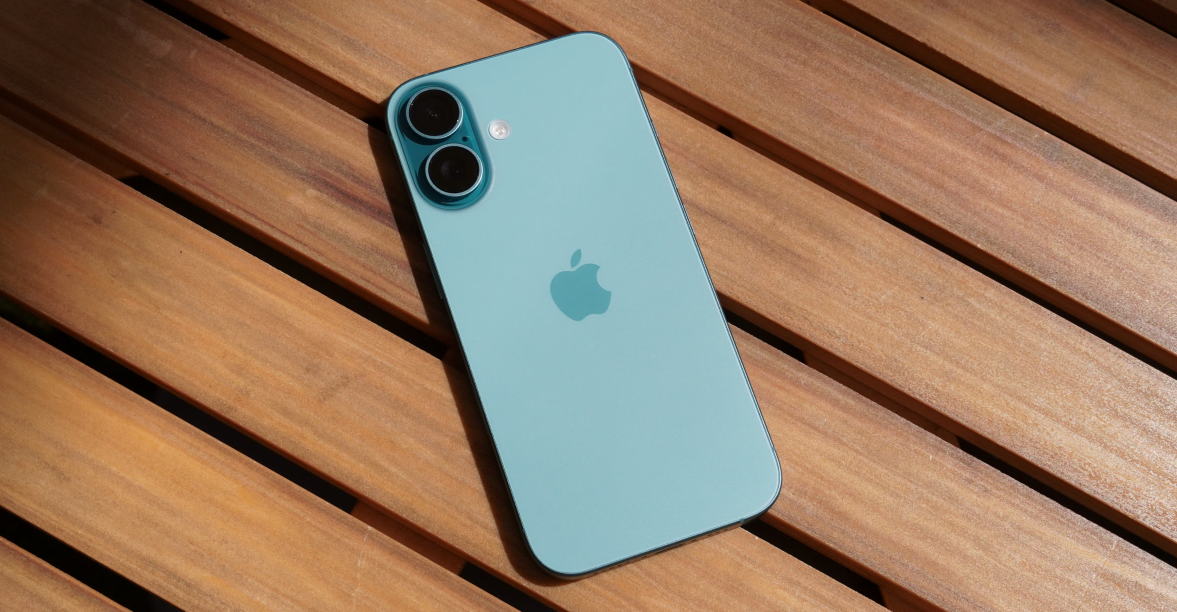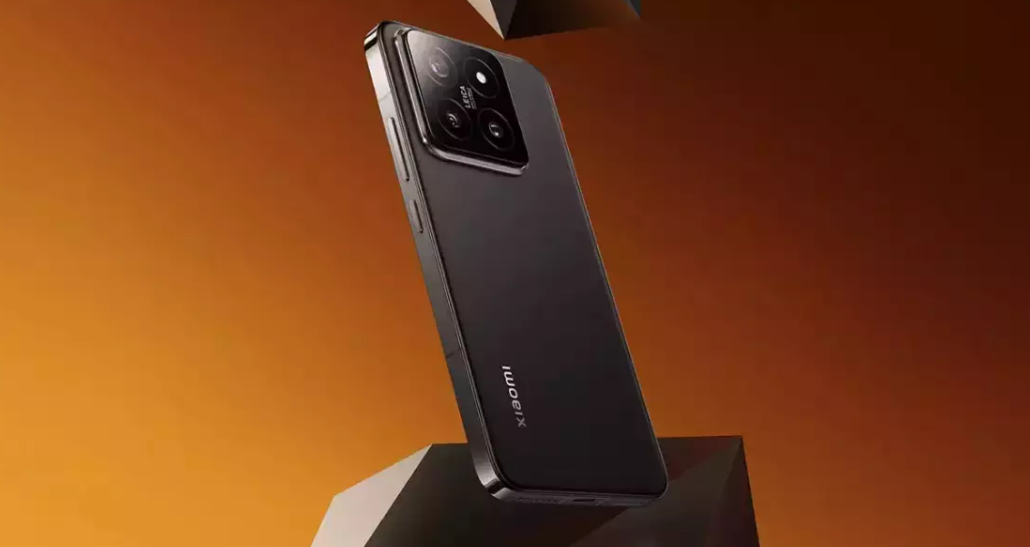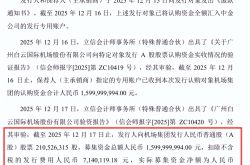Are Xiaomi and Apple really getting together?
![]() 12/09 2024
12/09 2024
![]() 590
590
If we were to list the contributions Apple has made to the domestic mobile phone market, personally, I believe the most significant one is in the industrial chain. It not only drives the development of a large number of accessory manufacturers, but also benefits parts suppliers due to its huge procurement volume. Secondly, it drives some trends in design. It is precisely because Apple has been deeply rooted in the Chinese market for many years and has achieved results that are unmatched by other manufacturers, it has naturally become the object that domestic competitors hope to surpass. Therefore, we can often see comparisons with iPhone at press conferences. But if we talk about the manufacturer that most directly benchmarks Apple, there is no doubt that it is Xiaomi, which Lei Jun himself has acknowledged.
In fact, regarding Lei Jun's statement, we can interpret it more broadly. Benchmarking does not necessarily mean competition; it can also be learning or reference, or even integration into the Apple ecosystem. Xiaomi is significantly ahead of domestic competitors in this regard. Recently, online news claimed that Xiaomi's compatibility with the Apple ecosystem may take a significant step forward, achieving comprehensive and deep software and hardware compatibility.

This is similar to a couple in love choosing to get married after their relationship develops to a certain point. The deep compatibility between the two manufacturers in software and hardware means that the importance each places on the other has reached a level beyond ordinary relationships. Of course, this also requires their own strength as a foundation. Apple's strength is obvious to all, with billions of users worldwide, and importantly, its device prices are not low, and user value is quite high. Although Xiaomi cannot yet compare with Apple in the international market, it is also a manufacturer with significant influence in the domestic market.
Once fully and deeply compatible with Apple's software and hardware ecosystem, it would mean intruding into Apple's camp and sharing in its profits. Would Apple agree to this? Cooperation in the business world is mainly reflected in the exchange of interests. Although Apple is a large company, it is also clear about Xiaomi's strength in the Chinese market. The ability to cooperate deeply proves that both parties find it profitable. Apple can attract Xiaomi users, and vice versa.

In fact, Xiaomi's emphasis on the Apple ecosystem began when Lei Jun vowed to comprehensively benchmark Apple. It has now only accelerated the pace. For example, the Xiaomi SU 7 car, which Lei Jun has high hopes for, has long fully supported Apple CarPlay interconnection. Although other automakers have also made adaptations in this regard, Xiaomi seems to have gone deeper. For instance, the iPhone supports Xiaomi car App widgets, and the use of XiaoAi Classmate is supported in CarPlay mode.
In addition, Xiaomi's Pengpai OS 2 already supports interconnection with the Apple ecosystem, enabling faster and more convenient file transfer with Apple hardware. Personally, I believe that this so-called deep compatibility does not involve any new cooperation content but rather builds on existing cooperation. With good compatibility with Apple's main hardware products such as iPhone, iPad, and Mac, watches, headphones, speakers, and other products will also be added to enrich the ecosystem. Of course, it may not be easy to mutually attract each other's users, but the benefits for value-added services are significant.

If there are Apple and Xiaomi users among you, would you consider using each other's products in the future?






